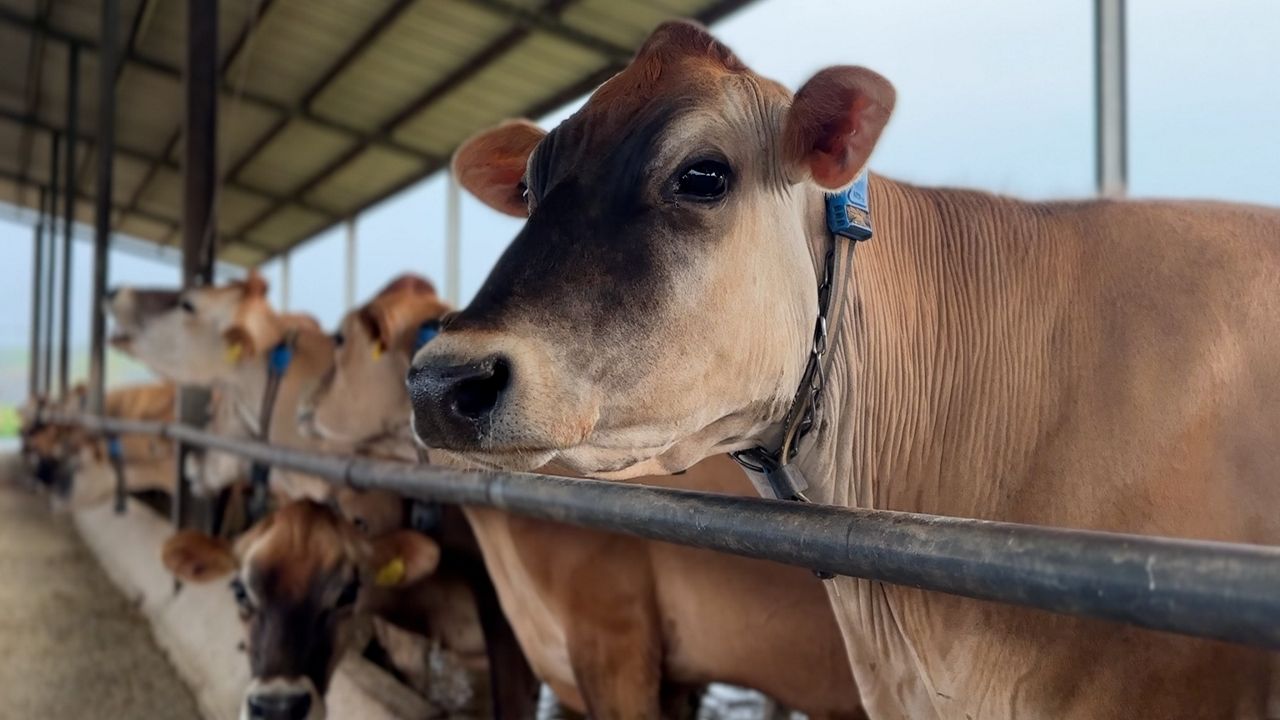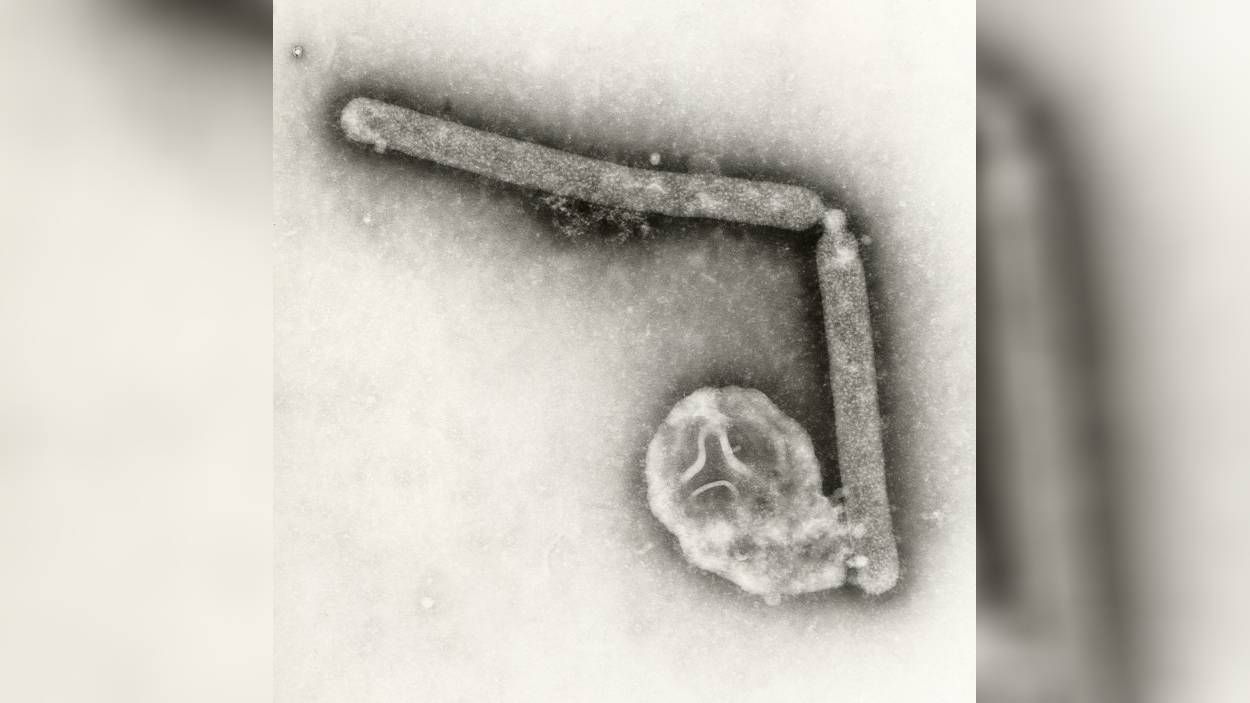Highly Pathogenic Avian Influenza, more commonly known as bird flu, has been found in a herd of dairy cows in North Carolina, according to state agriculture officials.
Bird flu has been found in cattle herds in Texas, Kansas, Michigan, Idaho, New Mexico and Ohio. The risk the virus spreading to humans is low, but two people are known to have contracted the virus in the latest outbreak.
Testing by the National Veterinary Services Laboratory found the virus in the North Carolina herd recently.
“This is an evolving situation, and we are waiting for more diagnostics from NVSL and will work collaboratively with our federal partners and dairy farmers in North Carolina,” said Agriculture Commissioner Steve Troxler.
“We have spent years developing methods to handle HPAI in poultry, but this is new, and we are working with our state and federal partners to develop protocols to handle this situation. It is important to note the FDA has no concern about the safety or availability of pasteurized milk products nationwide,” he said.
The North Carolina Department of Agriculture said it already suspended bringing cattle to North Carolina from states with known bird flu infections.
State officials did not say where in North Carolina the infected herd is.
Bird flu is known to cause decreased milk production, a loss of appetite and other symptoms in dairy cows, according to the U.S. Food and Drug Administration.
The FDA said pasteurized milk is safe for human consumption because the pastreuization process kills any bacteria and viruses.
Milk from sick animals is being destroyed, the FDA said. As of now, the almound of milk being destroyed is not having any effect on the milk supply, according to federal regulators.
The U.S. Department of Agriculture said it suspects bird flu is being spread by the migration of wild birds, but there could also be transmission between cows. The USDA said it does not think infected cattle will have to be slaughtered like what happens when a flock of chickens is infected with the same virus.








